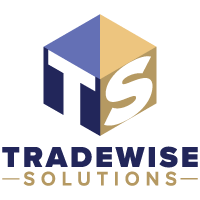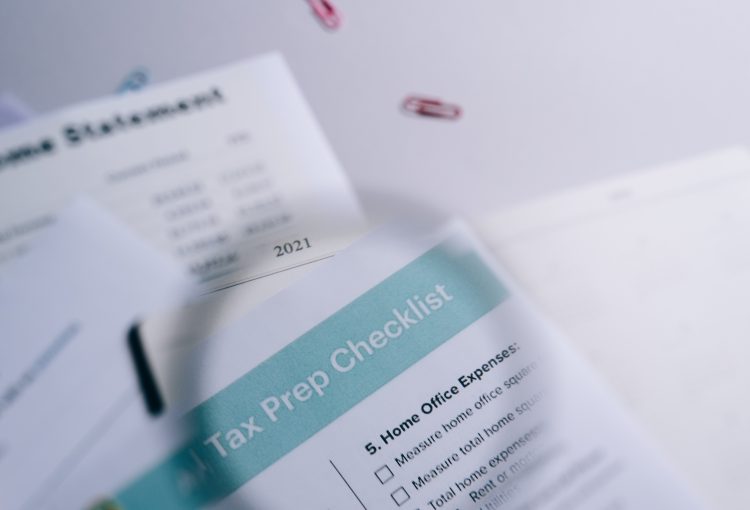DEDUCTIONS (Work related expenses)
Deductions for work-related use of your car or another motor vehicle
Deductions when you buy, repair or launder occupation-specific or protective clothing, or distinctive uniforms.
You can claim a deduction for self-education expenses if the education relates to your employment activities.
Deductions for attending seminars, conferences, and first aid or other training courses connected with your work.
You can claim a deduction for the cost of buying or subscribing to a professional publication, newspaper, news service or magazine if you can show: a direct connection between your specific work duties and the content. the content is specific to your employment and is not general in nature.
You can’t claim a deduction for parking at or near a regular place of work. You also can’t claim a deduction for tolls you incur for trips between your home and regular place of work. These are private expenses.
You can claim a deduction for parking fees and tolls you incur on work-related trips.
Deductions for mobile phone calls and internet expenses you incur for a work-related purpose, including the device.
Deduction for expenses to manage your tax affairs, such as lodging with a registered agent.
Deductions for work-related transport expenses such as flights, trips by train, bus, taxi or ride-share, and tolls.
Deductions for tools or instruments you use for work, including the cost of repairs and insurance.
Deductions for travel expenses you incur when you travel and stay away from home overnight for work.
Computers and laptops are generally depreciating assets which decline in value over the time you use them. If when you buy a computer, it includes software as part of the purchase price, you don’t need to break up the costs to calculate the decline in value.
Receipts for donations of $2 and more to registered charities.
Deductions for the costs of earning interest, share dividends, or income from other investments.
You may be able to claim a deduction for personal super contributions you make to a complying super fund or retirement savings account (RSA).
To claim a deduction, you must first give your super fund or RSA provider a valid notice of intent and receive an acknowledgment form from your fund or RSA provider.
Before claiming a deduction for personal super contributions, you should consider the impacts on your super.
You may be able to claim a tax deduction for expenses you incur in carrying on your business.
Individual Tax Return Checklist
INCOME/EARNINGS DOCUMENTS
Offsets and Refunds
Rental Property
Important Notice: ATO Substantiation Rule for Work-Related Expenses
Please be advised that any claims for work-related expenses must comply with the Australian Taxation Office (ATO) Substantiation Rule. This means that to claim a deduction, clients must:
- Have spent the money themselves (not reimbursed by their employer).
- Have a record to prove it (e.g., receipts, invoices, or bank statements).
- Ensure the expense is directly related to earning income and not private in nature.
Failure to meet these conditions may result in deductions being disallowed by the ATO. For more detailed information, please visit the official ATO guidelines on substantiating work-related deductions:
ATO Work-Related Deductions
IMPORTANT DISCLAIMER: This document contains general advice only and is prepared without taking into account your particular objectives, financial circumstances and needs. The information provided is not a substitute for legal, tax and financial product advice. Before making any decision based on this information, you should speak to a licensed financial advisor who should assess its relevance to your individual circumstances. While the firm believes the information is accurate, no warranty is given as to its accuracy and persons who rely on this information do so at their own risk. The information provided in this website is not considered financial product advice for the purposes of the Corporations Act 2001.


